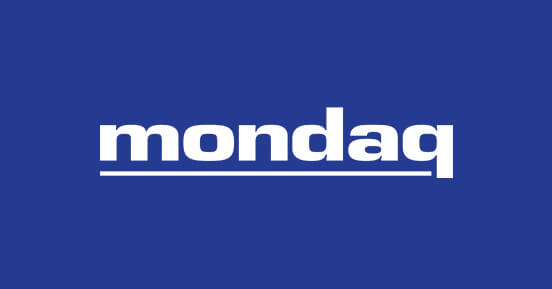As of early 2022, esports tournaments have paid more
than $1 billion in prize money
to nearly 100,000 players over 48,000 tournaments worldwide. New
and ongoing tournaments award an average of around $1 million per
month in prizes as players, sponsors, team owners, tournament
organizers, marketers, and other stakeholders rush to claim their
piece of the action. As one of the latest waves in the digital gold
rush, esports is plagued by non-existent or inconsistent rules and
regulations, jurisdictional squabbles, lax enforcement, and
unreliable protections for players, fans, and the integrity of the
games that are played.
Esports continues to grow in scale, acceptance, and popularity.
The 2022 Asian Games will include esports events, and talks of the
inclusion of esports in future Olympic Games are ongoing. A
steadily increasing fan base, the emergence of formal team
structures, and partnerships with traditional sporting
organizations such as Formula One Racing, FIFA, and FIBA have
further solidified the legitimacy of esports as “real”
sports.
However, lack of overall regulation has led to virtually every
game experiencing at least some accusations of cheating, abuse, and
exploitation for criminal or fraudulent intent. Moreover, the
challenges and difficulties faced by state regulators are not
unique to the United States: other western countries have been
similarly unsuccessful to date. Germany, Italy, and Spain’s
regulations have been characterized as
cumbersome, piecemeal, and “extremely fragile and easy to
maneuver.” Games, leagues, and tournaments must adopt
comprehensive governance similar to the regulation of traditional
sports if they are to deliver on their financial, legal, and social
responsibilities.
The time may be right for US states, the federal government, or
an international body to take the lead in laying down guidelines
for the esports universe to help ensure fair play and adequate
protections for…

